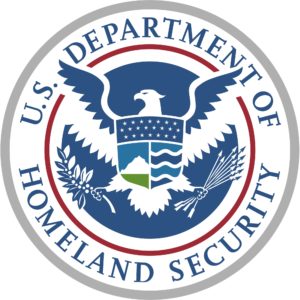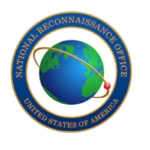
A number of challenges and systemic issues at the Department of Homeland Security have left the department vulnerable to outsize political interference and put it on shaky ground in terms of protecting the U.S. from terrorism and even continuing to exist, warns a new report by the Center for New American Security (CNAS). “Recently, DHS law enforcement activities have proved susceptible to an inappropriate level of White House control and influence, beyond expected responsiveness to political leadership,” writes the report’s…

 By
By 











